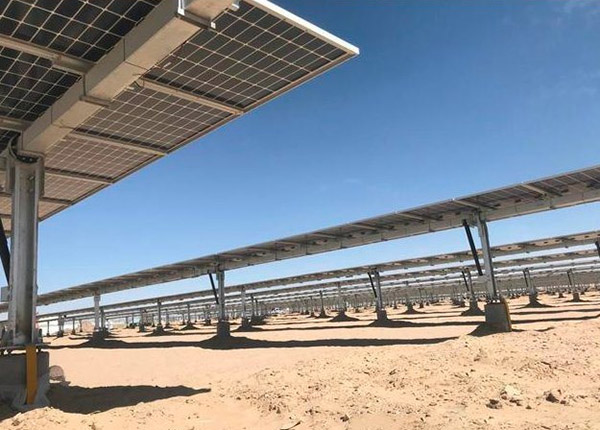The Israel Electricity Authority has decided to regulate the grid-connection of energy storage systems installed in the country and photovoltaic systems with a capacity of up to 630kW. To reduce grid congestion, the Israel Electricity Authority plans to introduce supplementary tariffs for photovoltaic systems and energy storage systems that share a single grid access point. This is because the energy storage system can provide the power of the stored photovoltaic system during times of high demand for electricity.

Developers will be allowed to install energy storage systems without adding to existing grid connections and without submitting additional applications, the agency said. This applies to distributed photovoltaic (PV) systems, where excess power is injected into the grid for use on a rooftop.
According to the Israel Electricity Authority's decision, if the distributed photovoltaic system produces more than the required amount of electricity, the producer will receive an additional subsidy to make up the difference between the reduced rate and the prescribed rate. The rate for PV systems up to 300kW is 5% and 15% for PV systems up to 600kW.
"This unique rate will only be available during peak hours of electricity demand and will be calculated and paid to producers on an annual basis," the Israel Electricity Authority said in a statement.
A supplementary tariff for stored electricity through battery storage systems would be able to increase photovoltaic capacity without putting additional strain on the grid, which would otherwise be fed into a congested grid, the agency said.
Amir Shavit, chairman of the Israel Electricity Authority, said, "This decision will make it possible to bypass grid congestion and adopt more electricity from renewable sources."
The new policy has been welcomed by environmental activists and renewable energy advocates. However, some critics believe that the policy does not do enough to incentive the installation of distributed photovoltaic and energy storage systems. They argue that the rate structure should be more favorable to homeowners who generate their own electricity and sell it back to the grid.
Despite the criticism, the new policy is a step in the right direction for Israel's renewable energy industry. By offering better prices for distributed PV and energy storage systems, Israel is demonstrating its commitment to transitioning to a cleaner, more sustainable energy future. How effective the policy will be in encouraging homeowners to invest in distributed PV and energy storage remains to be seen, but it is certainly a positive development for Israel's renewable energy sector.
Post time: May-12-2023